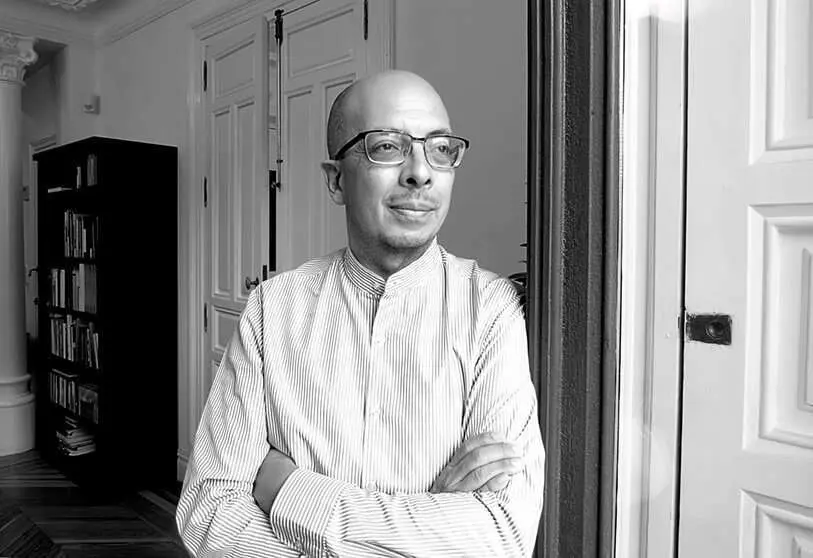Jorge Volpi, 'Las agujas dementes'

One afternoon in May 1962, the poets Ted Hughes and Sylvia Plath welcomed the Canadian poet David Wevill and his wife, the publicist Assia Gutman, to their home in Primerose Hill, north London. That meeting would forever change the lives of the four of them. On 11 February 1963, Sylvia, barely thirty years old, poured a couple of glasses of milk and some biscuits for her children, closed the doors to their rooms and covered the cracks with damp sheets, went to the kitchen, turned on the gas and stuck her head in the oven until she fainted and lost her life. Although depression had been with her since she was very young, the fact that Ted had left her, furiously in love with Assia, was the trigger for this extreme act. On 23 March 1969, six years after Sylvia's suicide, it was Assia herself who turned on the gas tap and put her head in the oven, along with that of Shura, the daughter she had had with Ted, whom Ted never wanted to recognise.
In a lecture at the Cervantes Institute in Brussels on 10 May on his latest work, the play 'Las agujas dementes', Jorge Volpi explores, from an imaginary time and space where their paths and decisions are repeated in obsessive cycles, the story of these four figures tragically intertwined by poetry, love, depression, jealousy and death, and in which the voices of Sylvia Plath and Assia Wevill emerge as indomitable forces in a world governed by prejudice and male violence.
Jorge Volpi (Mexico, 1968) holds a degree in Law and a master's degree in Mexican Literature from the National Autonomous University of Mexico (UNAM) and a PhD in Hispanic Philology from the University of Salamanca. He has taught at the universities of Emory, Las Américas de Puebla, Cornell, Católica de Chile, Princeton and, since 2008, he has taught one of the Spanish Exile Chairs in the Faculty of Philosophy and Letters at the UNAM. He is the author of fifteen novels, including 'A pesar del oscuro silencio' (1993), the 'Trilogía del siglo XX' comprising 'En busca de Klingsor' (Biblioteca Breve Prize, 1999), 'El fin de la locura' (2003) and 'Tiempo de cenizas' (2006); 'La tejedora de sombras' (Premio Planeta-América, 2011), 'Oscuro bosque oscuro' (2010), 'Memorial del engaño' (2013), 'Las elegidas' (2014) and 'Una novela criminal' (Premio Alfaguara, 2018). He has also written the essays 'La imaginación y el poder' (1998), 'La guerra y las palabras' (2004), 'Mentiras contagiosas' (Mazatlán Prize, 2008), 'El insomnio de Bolívar' (Debate-Casa de América Prize, 2009), 'Leer la mente' (2011) and 'Examen de mi padre' (2016) and the play 'Las agujas dementes' (2020). In 2008 he received the José Donoso Prize for all his work and the Medal of the Order of Isabella the Catholic of Spain. He is a Knight of the Order of Arts and Letters of France. His books have been translated into thirty languages. He was director of the Mexican Cultural Institute in Paris, of Mexico's Canal 22, of the International Cervantino Festival, and coordinator of Cultural Dissemination at the UNAM. He is currently the director of the Centro de Estudios Mexicanos UNAM-España, based in Madrid.
Sent by José Antonio Sierra, Hispanismo advisor.








